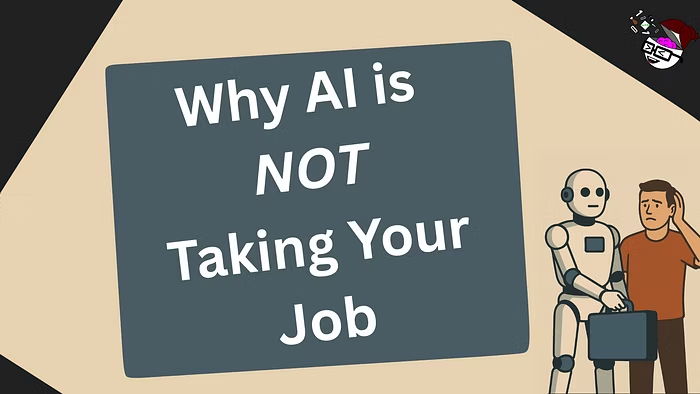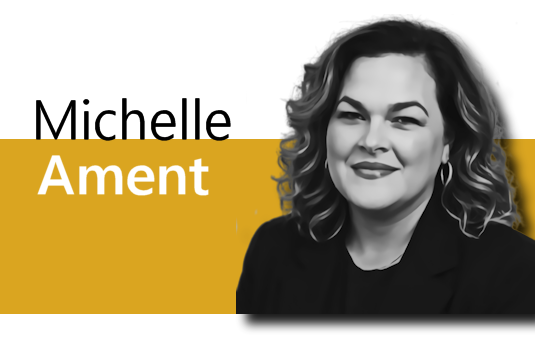
Why AI is Not Taking Your Job

A lot of folks are nervous that AI is going to take their jobs, and discussions around this topic can be anywhere from ‘Not in a million years’ to ‘AI will take everyone’s job’. But like with almost every question, the answer is almost always ‘it depends’. Most people who already work in AI and are knowledgeable about the field fall somewhat in the middle and are saying things like, ‘AI won’t take your job, but people who know how to use AI will’. This is true, but not in a way that you might think. I wouldn’t put the emphasis on using AI per se, I would focus on understanding the capabilities of AI, which would then lead to proper use of AI.
As an auditor, I know that you have to double and triple check processes to ensure that they are working appropriately, to the standards that have been established, and are compliant with applicable regulations. That means a human always needs to be present to verify all of this. Let’s talk about the concept of Human in the Loop.
You can think of the Human in the Loop as an AI development supervision strategy. It’s an approach that integrates human input and expertise into the lifecycle of machine learning (ML) and artificial intelligence (AI) systems. This mostly takes place during the decision-making phase as an approval of the AI workflow. For instance, if you had an AI system developed to diagnose patients with a particular disease, a human doctor should be included in the loop as a secondary review and final decision-making role for that decision.
Another human in the loop for AI systems are auditors, as they are tasked to test AI systems to ensure the accuracy and reliability of the AI system outputs. One example being an AI system that is built to help with decision making during the underwriting process, by identifying who should and should not get a loan based on certain data used to train the model. The human in the loop functions here specifically to verify the outcomes are free of bias to ensure fairness and avoid unintended harmful effects. It’s also important to employ professional skepticism at this stage, where the auditor applies a questioning mind and critical assessment to determine whether a particular outcome makes sense to the situation. Training an AI system to employ professional skepticism falls into Super Intelligence (ASI) territory, and we currently aren’t there just yet.
According to the U.S. Career Institute, there are lots of jobs that are considered relatively safe from AI and Robot Automation. As you might guess, a lot of these jobs are very human dependent. The article breaks these jobs into the top 4 fields that are the least likely to be affected by automation:
- Health Care: Nurses, doctors, therapists, and counselors
- Education: Teachers, instructors, and school administrators
- Creative: Musicians, artists, writers, and journalists
- Personal Services: Hairdressers, cosmetologists, personal trainers, and coaches
Now, I watch a LOT of sci-fi where AI has taken over most of these jobs and we could also argue that there are already some AI elements to these jobs currently. But, as long as the AI system cannot be trained to employ professional skepticism, we will need to include the Human in the Loop to double and triple check that things are working as they should, and still have a job.
What I liked most about the U.S. Career Institute article was the mention of projected growth for these fields. Nurse Practitioners are projected to grow the most, with an estimated increase of 45.7 percent by 2032. But my favorite fact was that choreographers were projected to grow 29.7 percent for the same time frame. As someone with a dance background that enjoys working out to dance fitness routines, this excites me!
What are your thoughts about jobs over the next decade?
Originally published at www.medium.com.
I love working with Internal Audit teams to help them leverage analytics and AI to make their lives easier. If that’s you, let’s chat!

 - by
- by




